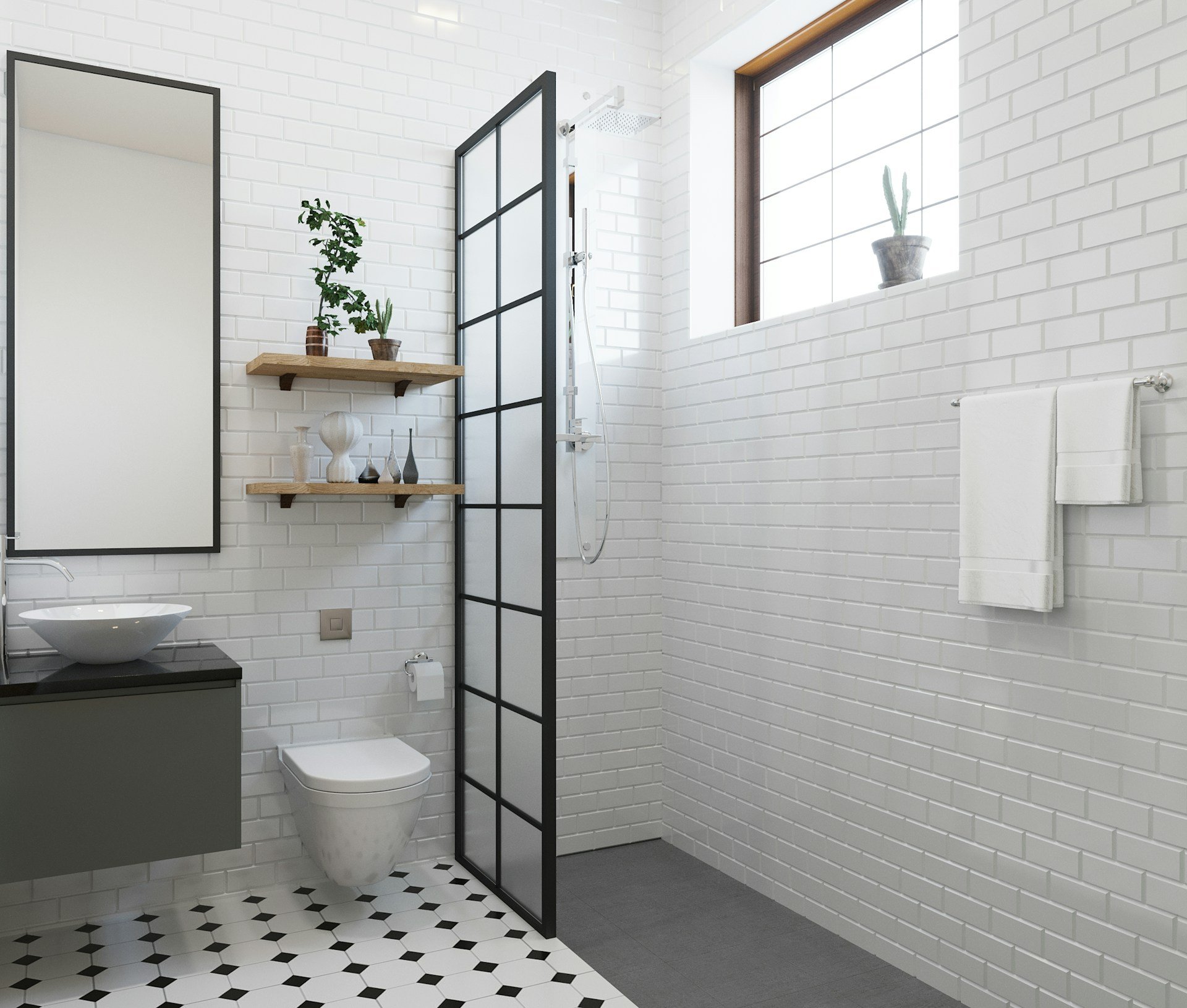Learning Bathroom Plumbing: Crucial Advice for First-Time Home Buyers
Learning Bathroom Plumbing: Crucial Advice for First-Time Home Buyers
Blog Article
Just how do you really feel on the subject of Smart Plumbing Tips for New Homeowners?

For new house owners, understanding and keeping bathroom pipes can save both money and time by stopping expensive problems down the line. Here are some essential bathroom pipes pointers to help you maintain every little thing running efficiently.
Get Ready For Cold Weather
Shield your pipelines from freezing throughout cold weather by insulating pipelines in unheated areas like cellars, attics, and garages. During severe chilly, allow cold water drip from faucets offered by revealed pipes to aid protect against cold.
Arrange Routine Maintenance
Take into consideration scheduling annual evaluations with a certified plumbing technician. They can identify problems that you may miss out on, such as surprise leakages or deterioration on pipelines and fixtures. Routine upkeep helps prolong the life of your pipes system and can protect against emergencies.
Acquaint Yourself with the Main Shut-Off Shutoff
Knowing where the primary water shut-off shutoff is located in your home is essential. This allows you to promptly switch off the water in case of major leakages or during plumbing emergency situations, protecting against considerable water damage.
On A Regular Basis Inspect for Leakages
Tiny leakages can result in big problems. Routinely inspect under sinks, around bathrooms, and near plumbing fixtures for any kind of indicators of leakages. Look for wetness, tiny drips, or corrosion. Capturing and repairing leaks early can protect against extra major damages and conserve water.
Maintain Your Hot Water Heater
Ensure your water heater is readied to an appropriate temperature (typically around 120 levels Fahrenheit) to prevent hot and lower energy use. Flush the container annually to eliminate sediment accumulation, which can lower the efficiency and lifespan of your heater.
Upgrade Your Components
If your home has older components, consider upgrading to extra efficient versions. Modern bathrooms, showerheads, and taps are created to utilize much less water while offering good pressure, which can significantly decrease your water expense and environmental impact.
Beware with DIY Pipes Fixes
While it's appealing to handle all home repair work by yourself, be cautious with pipes. Some concerns may require expert proficiency, particularly if they involve main water lines or sewer fixings. Working with a specialist can often be a lot more cost-efficient than DIY, specifically if it protects against further damages.
Do Not Neglect Slow Drains
If your sink or bath tub is draining gradually, it's commonly a sign of an obstruction forming. Resolving this early can prevent a complete blockage. Utilize a bettor or a plumber's serpent to clean out particles. Avoid using chemical drain cleaners as they can harm your pipes gradually.
Know What Not to Flush
Commodes are not garbage disposals. Stay clear of purging anything apart from bathroom tissue and human waste. Items like wipes, womanly hygiene products, and cotton bud ought to be disposed of in the garbage to avoid obstructions and sewer backups.
Set Up Strainers in Drains
Area filters in your sink and tub drains to catch hair and other particles prior to they enter your pipes system. Cleaning the strainers routinely will aid avoid buildup and maintain water streaming freely.
Conclusion
Understanding and preserving your home's bathroom plumbing can protect against numerous usual issues. By adhering to these essential suggestions, you can guarantee your washroom stays useful and reliable, conserving you time and money over time.
Essential Plumbing Tips for Homeowners: Keep Your Pipes Flowing Smoothly
As a homeowner, understanding the basics of your plumbing system can save you time, money, and a lot of headaches. Plumbing issues can range from minor annoyances like dripping faucets to major problems like burst pipes that cause significant damage. This guide provides essential tips to help you maintain your plumbing system and tackle common issues.
Understanding Your Plumbing System
Supply System: Brings fresh water into your home from a municipal source or a well. Drain-Waste-Vent System: Removes wastewater and vents sewer gases outside. Fixtures and Appliances: Includes sinks, toilets, showers, dishwashers, and washing machines. Basic Maintenance Tips
Regular Inspections: Periodically check for leaks, corrosion, and other signs of wear and tear. Look under sinks, around toilets, and near water heaters. Know Your Main Shut-Off Valve: In case of a major leak, you’ll need to shut off the water quickly. Ensure everyone in your household knows where the main shut-off valve is located. Prevent Frozen Pipes: In cold climates, insulate exposed pipes and let faucets drip during extreme cold to prevent freezing. Use Strainers: Install strainers in sinks and tubs to catch hair, food particles, and other debris that can cause clogs. Common Plumbing Issues and Solutions
Clogged Drains:
Prevention: Avoid pouring grease down the drain and use drain screens to catch debris. DIY Fix: Use a plunger or a plumbing snake to clear minor clogs. For stubborn clogs, a mixture of baking soda and vinegar can sometimes help. Leaky Faucets:
Prevention: Replace washers and seals regularly. DIY Fix: Turn off the water supply, disassemble the faucet, and replace worn parts.

Book Appointment Now Report this page